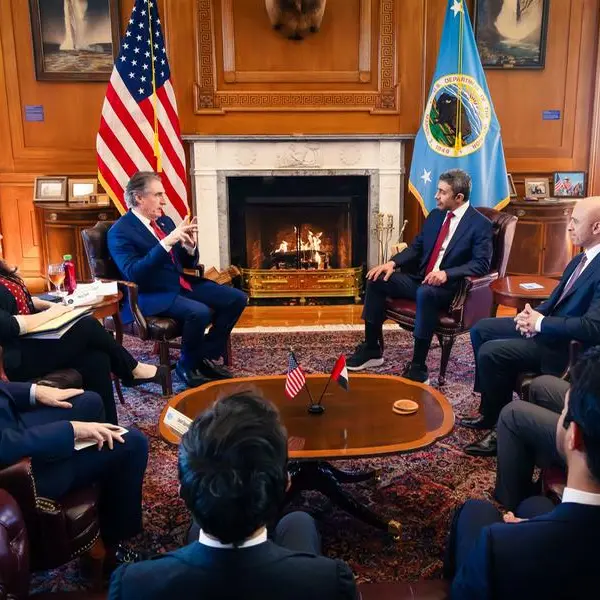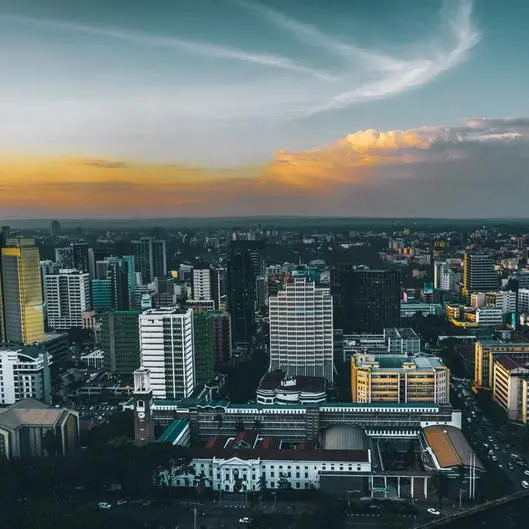PHOTO
Any snapshot of the global response to COVID-19 would be characterized by vastly differing approaches and regrettably a lack of united purpose. Too often governments adopted their own approach governed by immediate self-interest.
Yet more than two years into the pandemic, after endless restrictions, the like of which most of us have never experienced before, popular protests against lockdowns, travel restrictions, face masks and even isolation are beginning to have an impact.
In Canada, truckers mounted fierce anti-lockdown protests leading to a blockade of downtown Ottawa and also border crossings with the US. This protest appears well resourced with considerable support coming from US sources, particularly from the far-right. Fears are mounting about copycat protests being directed to Washington, DC.
This is being replicated in Europe, especially in France. In Paris, the French police have been fining drivers trying to enter Paris in what are being called “freedom convoys.” They are protesting against the “passe sanitaire,” one of the more restrictive practices introduced in Europe.
The motivation is perfectly understandable. Who does not crave a return to normal life? But is it sensible and where is the science in all of this? After all, despite what some claim, the COVID-19 pandemic is not over, the virus is not “defeated” and new variants can appear all too rapidly.
The British government has had one of the more intriguing approaches to handling the pandemic. It was one of the last in Europe to impose a lockdown in 2020, while in 2022 it may be one of the first to declare an end to all but a few restrictions. Among the eye-catching changes in recent weeks is the decision to ditch any requirement to have a COVID-19 test for the fully vaccinated prior to arrival in the country. The mandatory wearing of face masks was annulled last month. Then British Prime Minister Boris Johnson announced that the government would in all likelihood be abandoning later this month the legal requirement in England to self-isolate in the event of catching COVID-19, a month earlier than previously outlined.
This is certainly high risk. Currently the UK is experiencing what is still an eye-popping 200-plus deaths and 1,500 admissions to hospital every day. At the beginning of February, about one in 19 people in England had COVID-19. Along with France, it leads the tables in Europe for the number of COVID-19 cases. The omicron variant is still spreading at a huge rate, accounting for about 40 percent of all health staff absences currently.
Cynics will claim that this is a dangerous gambit designed to rescue a beleaguered prime minister at the cost of the nation’s health. Many of his backbench MPs have been clamoring for this, and it could serve to secure but a few months' loyalty as he struggles to survive scandal upon scandal, including a police investigation into his role in lockdown violations. With so many accusing the prime minister of having lied persistently in recent weeks, many do not trust him when he tries to reassure the nation that this is the right time to cast aside restrictions designed to protect public health.
Some countries are pursuing a similar course. Denmark became the first European country to drop all restrictions. Norway and Sweden are dropping most of their restrictions. Belgium, too, is lifting some restrictions but not as swiftly.
Germany continues to take a totally different approach. The German health minister was slamming England’s COVID-19 strategy last month as an “unethical bet” and backs mandatory vaccination. Italy has only just lifted its outdoor mask decree, though it remains for indoors. Hong Kong is also tightening restrictions with cases doubling every three days, while the rest of China is still enduring its regime of lockdowns and mass testing.
No doubt the skeptical countries will be watching with interest how the avant-garde of the restriction-lifting states fare.
So what are the scientists saying, the ones who many looked to for most of the pandemic? Notably for those paying attention, when Johnson in the UK was announcing his lifting of restrictions he was not flanked as he has so often been by the leading scientists and medical officers he has relied on so often to convince the public to adhere to the restrictions.
As ever, the scientific community does not speak with one voice but there are clearly concerns. The World Health Organization recommends exiting a pandemic spike slowly and cautiously. Doctors point out that in those countries that have rolled out a major booster vaccination program the effects will start to wear off in the coming months.
It is the ditching of the mandatory isolation period that is the riskiest step. Professor Tim Spector, the head of the ZOE COVID-19 Study at King’s College, London was skeptical: “It’s definitely not over — your risk of getting it is huge — and to suddenly give the wrong message, by saying, ‘We’re getting rid of all restrictions, if you’ve got an infection don’t bother isolating,’ which is sort of implied but not said, that is totally wrong.”
The British government is essentially indicating that it is no longer concerned if people get sick with COVID-19. It means the end of testing in effect and therefore that scientists will no longer be able to track the spread of the virus. Removing the restrictions while COVID-19 is spreading so fast also risks health systems being overwhelmed, hospital beds filling with other ailments not getting addressed. One major issue will be for the most vulnerable, those who had to be shielded, including the immunocompromised such as cancer patients. They will feel far less protected.
Another issue is that the well-off will be able to take time off to isolate and protect themselves but those on low-paid jobs will feel they will have to continue work, especially if there is no reasonable sick pay. The inequality the pandemic has highlighted all too often will therefore continue.
All such decisions are in many ways a luxury, though, for much of the planet. Heavily vaccinated populations can take the risk perhaps, supposedly secure in the knowledge that they will be first in line for future boosters or new vaccines to counter emerging worrisome variants.
Most countries on the planet will be left to struggle. Those without the resources will not be able to roll out full vaccination programs and will be compelled either to allow the virus to run rampant or maintain high levels of restrictions. The assistance from the richer states has been slow in materializing.
Complete lifting of the restrictions is a calculated roll of the dice. It will bring short-term popularity, particularly for beleaguered politicians. With luck, the move might even work with the economic, social and psychological benefits that will accrue from it. But it remains a gamble and as we have seen before over the past two years, it could easily backfire.
- Chris Doyle is director of the London-based Council for Arab-British Understanding (CAABU). Twitter: @Doylech
Copyright: Arab News © 2022 All rights reserved. Provided by SyndiGate Media Inc. (Syndigate.info).





















